This week on Minnesota Native News, efforts are underway across the Americas to bring back native languages. Emma Needham has two stories of Ojibwe Language revitalization in Minnesota
Leslie Harper is a member of the Leech Lake Band of Ojibwe and has worked in language revitalization efforts on both a local and national level for the past 25 years.
Leslie helped to create an Ojibwe immersion school and the Leech Lake community in the early 2000s. Her community brainstormed and came up with an approach to bring back the language and culture together.
“We started planning what would a school look like in our community? What does education mean to us as Ojibwe people what we proposed was providing education through the medium of Ojibwe language, all subjects being taught in Ojibwe language instead of English,” said Harper.
Leslie Harper is now president of a volunteer organization called the National Coalition of Native American language schools and programs.
When I took Ojibwe courses last year, Memegwesi Sutherland was my teacher. He teaches Ojibwe language courses and leads language tables a few nights a week via zoom for the Minneapolis American Indian center.
“I Learned Ojibwe when I was a kid, I was a fluent speaker. Back then, I had to learn English and French when I was a kid in schools. So slowly over time, because I grew up speaking Ojibwe, and living the old Ojibwe lifestyle. When I saw English speakers, I really envied them. So that’s why I kind of like I kind of left behind by the Ojibwe language and the Ojibwe teachings and how we live how I grew up. I wanted to be like everybody else like English speaking,” said Sutherland.
Memegwesi was in his late teens, when he realized he could no longer reply back to his mother. That’s when he went to college to relearn Ojibwe.
“So sometimes I kind of like, stay away from the body language, culture stuff once in a while. But that’s there in me because of the racism I experienced growing up. So sometimes it’s a battle to like to get past that,” said Sutherland.
Teaching Ojibwe language is not what Memegwesi set out to do. But he believes that his experience teachings and conversations with people around him led him to that path. Language and Culture teachings often come from elders, as elders pass on, it impairs a community’s cultural and language capacity. This is Leslie Harper, again,
“We’ve been at a critical need. And we said this 20 years ago, right, that we have a critical need to revitalize our language. Because we have, you know, a few 100 people. For me here at least late 20 years ago, we were able to say we have, you know, a couple 100 speakers. And that was a feeling of critical need and critical loss to us,” said Harper.
Memegwesi Sutherland explained that his experience is that language revitalization is both getting better and worse at the same time,
“Because of Zoom, we can connect with elders know over long distances, because before in order, if you wanted to see an elder you have to go to their place. And nowadays, because zoom you can just like hit them up like this, and then just be in a meeting,” he said.
Memegwesi says that our ancestors and ceremonies are exactly the reason why people should speak Ojibwe, and that our ancestors are already ahead of us.
“The reason why it’s important to speak to them because that’s who you’re talking to. You’re talking to our ancestors. And some people were afraid of what’s going to happen to their future when the elders pass on, you know like everybody thinks all the culture is gonna die off. But then we were told that the original teachers are the spirits and they said in the future when the younger generation brings back the language, they’re also going to bring back the spirits and the spirits are going to teach them again,” he said.
Both the US House and Senate are considering new bills that would establish a national Native American language Resource Center to honor Congress’s obligation to tribes and indigenous communities to protect and promote original languages.
Emma Needham reporting for Minnesota Native News
Subscribe to A Mile in My Moccasins
More from Native Lights
- Beyond the Headlines: David Cournoyer on Authentic Storytelling
 In this enlightening episode, we sit down with David Cournoyer, a seasoned journalist and communications expert with over three decades of experience. We delve into David’s remarkable career, starting from his early days as a local and TV journalist to his impactful work and nonprofit communications. David shares his inspiring journey from journalism to philanthropy, …
In this enlightening episode, we sit down with David Cournoyer, a seasoned journalist and communications expert with over three decades of experience. We delve into David’s remarkable career, starting from his early days as a local and TV journalist to his impactful work and nonprofit communications. David shares his inspiring journey from journalism to philanthropy, … - Reflection and Roots: Leah & Cole’s Journey with Native Lights
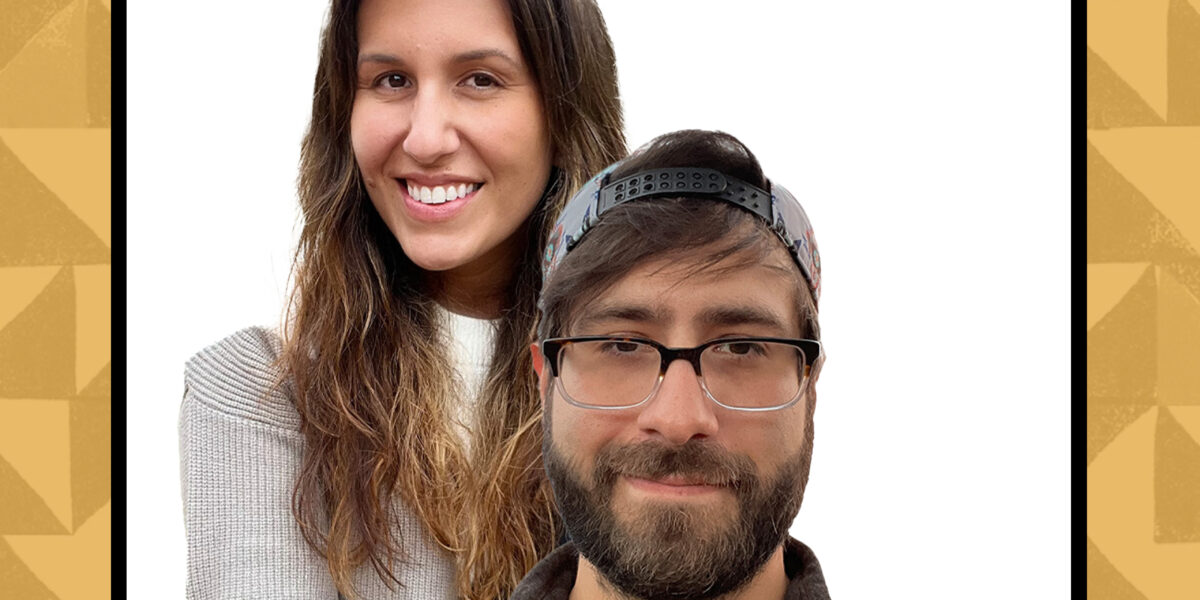 This episode is a celebration of community, resilience, and the power of storytelling whether you’re a long time, listener or new to the series, tune in to get to know the voices behind native lights and be inspired by their dedication to making a difference. In this special episode, siblings and co-hosts Leah and Cole …
This episode is a celebration of community, resilience, and the power of storytelling whether you’re a long time, listener or new to the series, tune in to get to know the voices behind native lights and be inspired by their dedication to making a difference. In this special episode, siblings and co-hosts Leah and Cole … - Karen Diver: Championing Indigenous Excellence
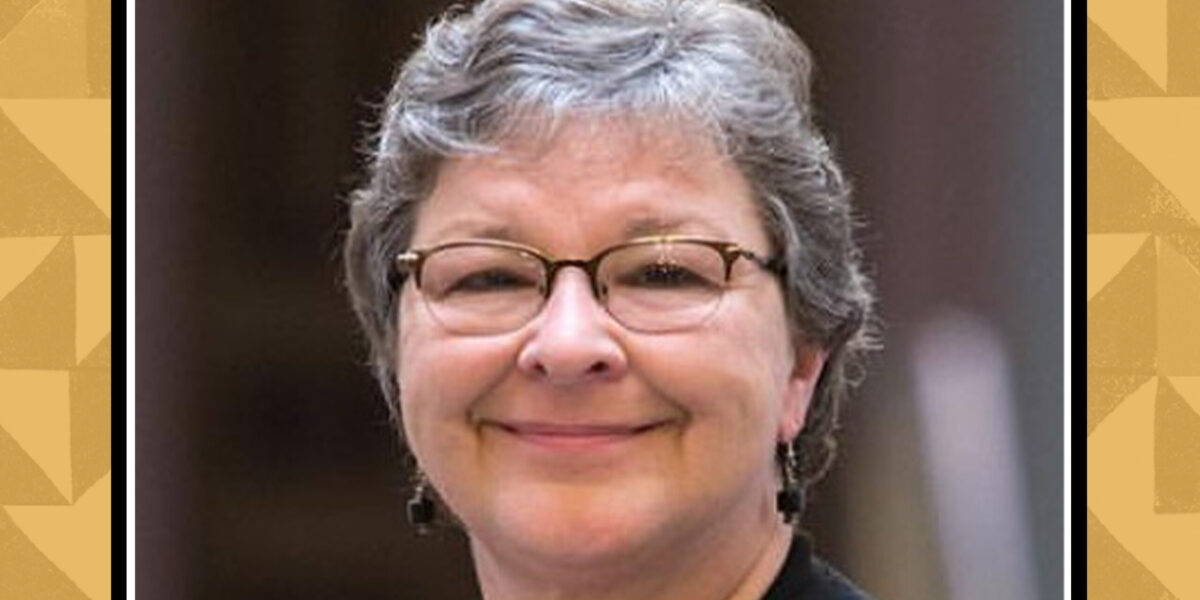 Karen Diver is currently serving as the inaugural Senior Advisor to the President for Native American Affairs at the University of Minnesota. In addition to previous roles in higher education, Karen was also an appointee of President Obama as the Special Assistant to the President for Native American Affairs. As part of the Domestic Policy Council from …
Karen Diver is currently serving as the inaugural Senior Advisor to the President for Native American Affairs at the University of Minnesota. In addition to previous roles in higher education, Karen was also an appointee of President Obama as the Special Assistant to the President for Native American Affairs. As part of the Domestic Policy Council from … - Brandon Baity: Executive Director of the Indigenous Association
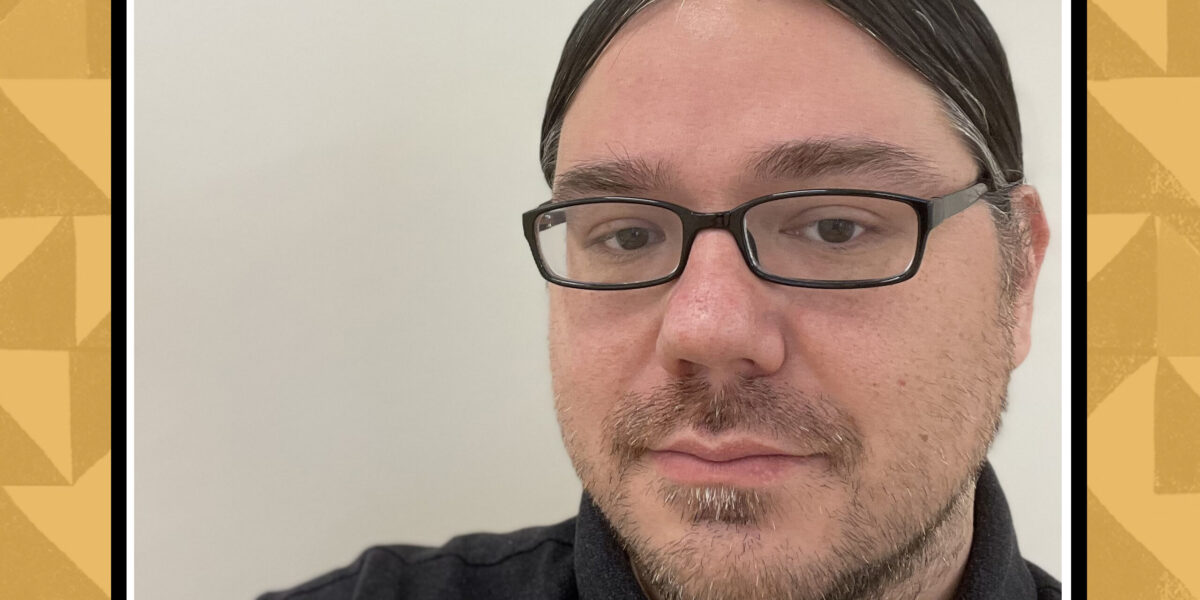 Brandon Baity is Anishinaabe and a descendant of the White Earth Nation. He grew up in Brooklyn Park, MN and currently lives in Moorhead, MN with his 3 children, partner, and mother-in-law. He graduated with a degree in social work from the College of Saint Scholastica in 2013. After graduation he worked as a youth …
Brandon Baity is Anishinaabe and a descendant of the White Earth Nation. He grew up in Brooklyn Park, MN and currently lives in Moorhead, MN with his 3 children, partner, and mother-in-law. He graduated with a degree in social work from the College of Saint Scholastica in 2013. After graduation he worked as a youth … - Bryce Premo: Exploring Social Work Frontiers
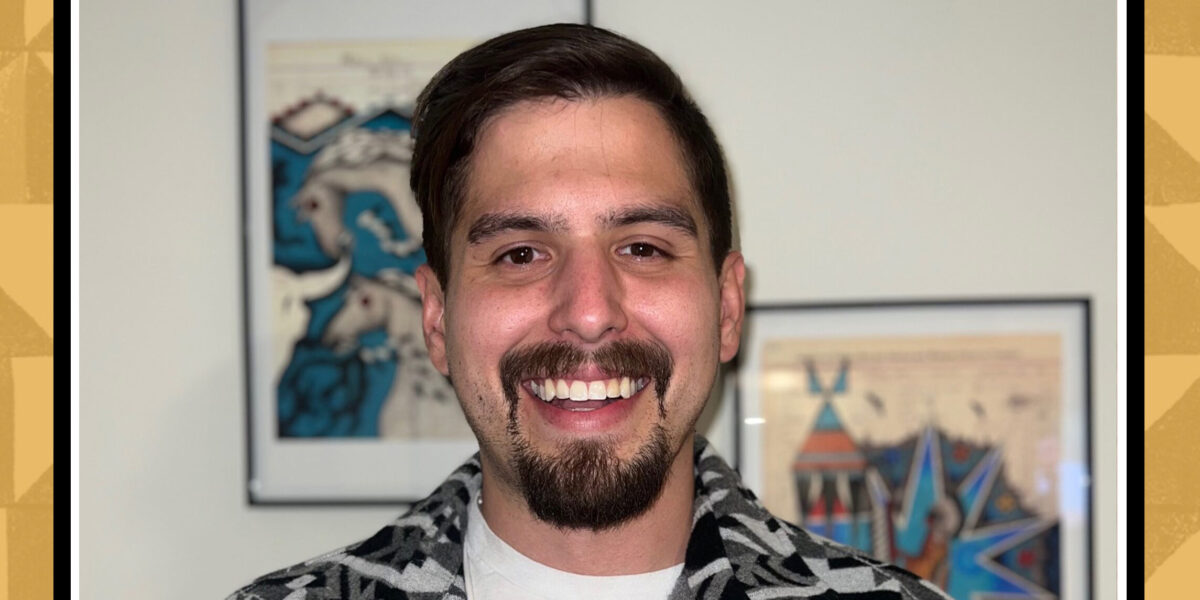 Bryce Premo is a Mille Lacs Band of Ojibwe citizen and brother of Native Lights hosts Leah Lemm and Cole Premo. Bryce on the cusp of an exciting transition in his career. With a bachelor’s degree in social work almost under his belt and poised to pursue a master’s degree in the same field, Bryce …
Bryce Premo is a Mille Lacs Band of Ojibwe citizen and brother of Native Lights hosts Leah Lemm and Cole Premo. Bryce on the cusp of an exciting transition in his career. With a bachelor’s degree in social work almost under his belt and poised to pursue a master’s degree in the same field, Bryce …

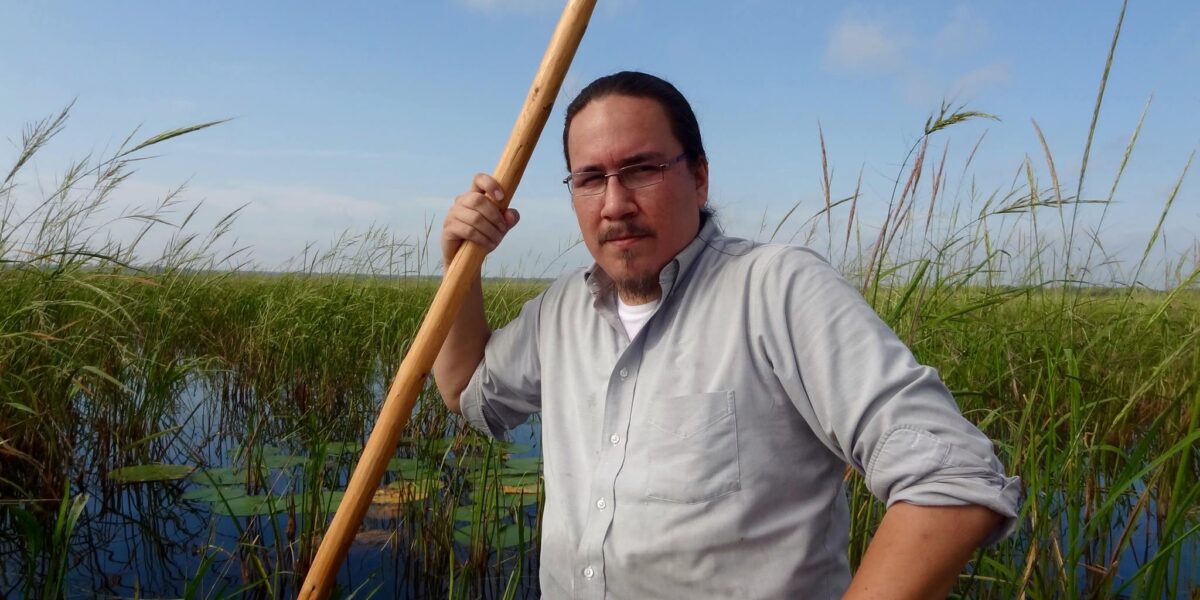
 Tribal Communities Moving Forward and Learning from Pandemic
Tribal Communities Moving Forward and Learning from Pandemic